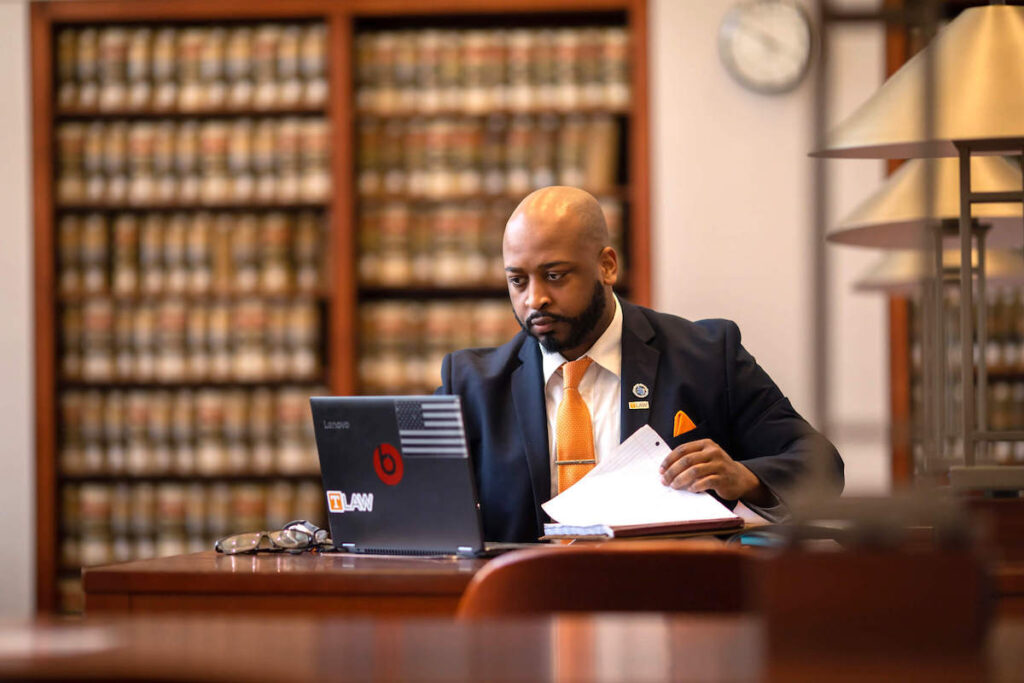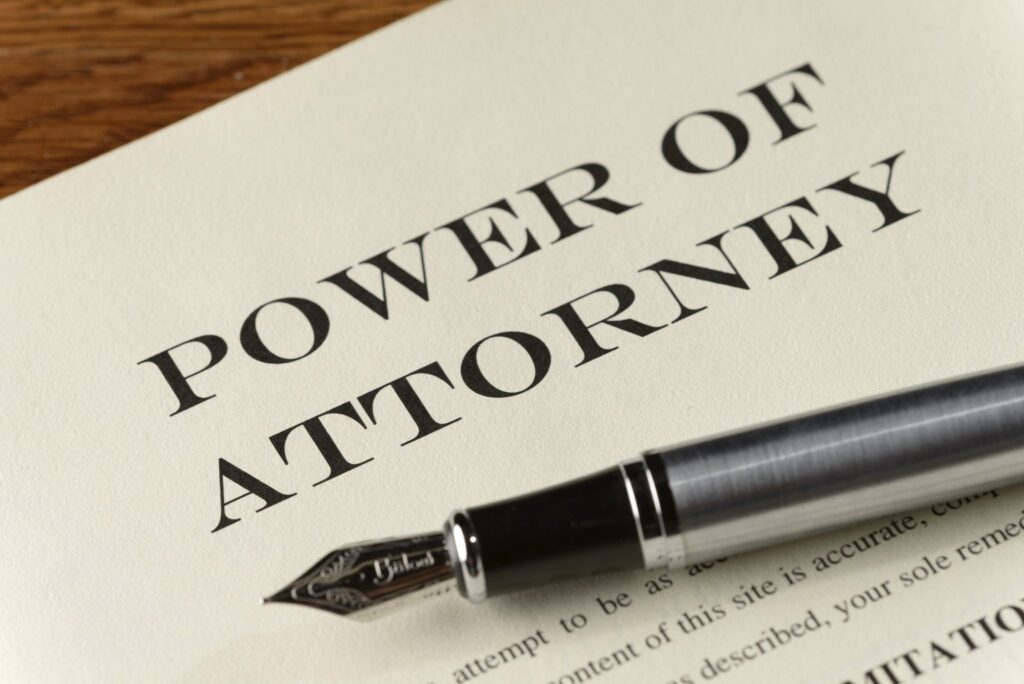Notarization plays a crucial role in legal and business transactions – providing authentication and verification of documents. However, there is often confusion surrounding the question of whether all parties need to be present for a notary or not.
In this comprehensive guide, we’ll delve into the intricacies of notarization requirements, addressing common questions and clarifying this essential aspect of legal procedures.
Read as well: What is an apostille document? A comprehensive guide
Do all parties need to be present for notarization?
The answer to this question varies depending on the type of document and the jurisdiction in which the notarization is taking place.
In many cases, the person whose signature requires notarization must be present before the notary public. This ensures that the notary can verify the identity of the signer and witness the signing of the document. However, the presence of other parties may not always be necessary, depending on the circumstances.

For example, in real estate transactions, it is common for only the party signing the document (e.g., the buyer or seller) to appear before the notary public. The other party may have already signed the document in the presence of their own notary or may have granted power of attorney to another individual to sign on their behalf.
Similarly, in business agreements or contracts, it is typically sufficient for the individual whose signature requires notarization to be present. However, parties should consult with legal counsel to ensure compliance with applicable laws and regulations.
So not all parties need to be present for notarization. What are the exceptions to the rule?
While the general rule is that only the person signing the document needs to be present for notarization, there are exceptions to this rule, particularly in certain types of transactions or circumstances.
For example, some jurisdictions may require all parties to a real estate transaction to be present for notarization, especially if specific documents, such as deeds or mortgages, are being signed. Additionally, certain legal documents, such as wills or powers of attorney, may require the presence of witnesses in addition to the notary public.
Furthermore, in situations where a document requires multiple signatures, such as a contract involving multiple parties, it may be necessary for all signatories to be present before the notary public.
Consulting with a notary public
To ensure compliance with notarization requirements, individuals and businesses should consult with a qualified notary public familiar with the laws and regulations governing their jurisdiction. A knowledgeable notary can provide guidance on who needs to be present during the notarization process and ensure that all necessary steps are followed to properly authenticate the document.
Power of attorney
In situations where a party cannot be physically present for notarization, they may appoint an individual to act on their behalf through a power of attorney (POA) document. A POA grants authority to another person to sign legal documents and perform other specified actions on behalf of the individual granting the power.

However, it’s essential to note that not all documents can be signed by a designated agent under a power of attorney, and in certain cases, all parties need to be present for a notary. Certain documents, such as wills and healthcare directives, may require the personal presence and signature of the individual granting the authority.
Understanding notarization in the U.S.
Notarization serves as a vital mechanism in legal and business landscapes, acting as a safeguard against fraud and providing a level of authenticity to crucial documents. At the heart of this process lies the notary public, a designated official entrusted with the responsibility of certifying documents.
A notary public, typically appointed by the state government, serves as an impartial witness to the signing of important papers. Their role extends beyond merely verifying signatures; they are tasked with ensuring that signatories are acting of their own volition and have a clear understanding of the contents of the document they are signing.
The primary purpose of notarization is twofold: to deter fraudulent activities and to establish the authenticity of signatures on legal documents. When a document is notarized, it receives an official seal or stamp from the notary public, signifying that the signatures have undergone scrutiny and are deemed genuine.
The significance of notarized documents cannot be overstated, particularly in legal proceedings and business transactions. They serve as tangible evidence of the parties’ intentions and commitments, offering a layer of assurance to all involved parties. By bearing the imprimatur of a notary public, these documents gain credibility and integrity, reducing the likelihood of disputes or challenges arising from questions regarding their authenticity.
In essence, notarization functions as a bulwark against deception and misunderstanding, fostering trust and confidence in the validity of contractual agreements, legal instruments, and other critical documents. Whether in the realm of real estate transactions, business contracts, or estate planning, the presence of notarized documents lends credence to the parties’ obligations and ensures a clear record of their commitments.
By providing independent verification of signatures and affirming the authenticity of documents, notaries play a pivotal role in safeguarding the integrity of the legal system.
About remote notarization
Advancements in technology have led to the emergence of remote notarization services, allowing individuals to have documents notarized without being physically present before a notary public. Remote notarization typically involves the use of audio-video technology to facilitate the notarization process.

That said, remote notarization itself is subject to specific regulations and requirements established by individual states or jurisdictions. While it offers convenience and flexibility, it may not be suitable for all types of documents or transactions!
Don’t miss: Can a notary notarize for family? Understanding the guidelines
In conclusion, not all parties need to be present for a notary most of the time
Notarization is a critical component of legal and business transactions, providing authentication and verification of important documents. While not all parties may need to be present for notarization, it’s essential to understand the requirements and exceptions applicable to specific situations.
Consulting with a qualified notary public and legal counsel can help ensure that notarization is conducted properly and per applicable laws and regulations. By understanding the nuances of notarization requirements, individuals and businesses can protect themselves and their interests in various transactions and legal proceedings.
If you need counseling about notarization or if you need a notary and you are in Orlando or close to us, call or text us at any time here at Mobile Notary to schedule the time and venue where we will meet!






